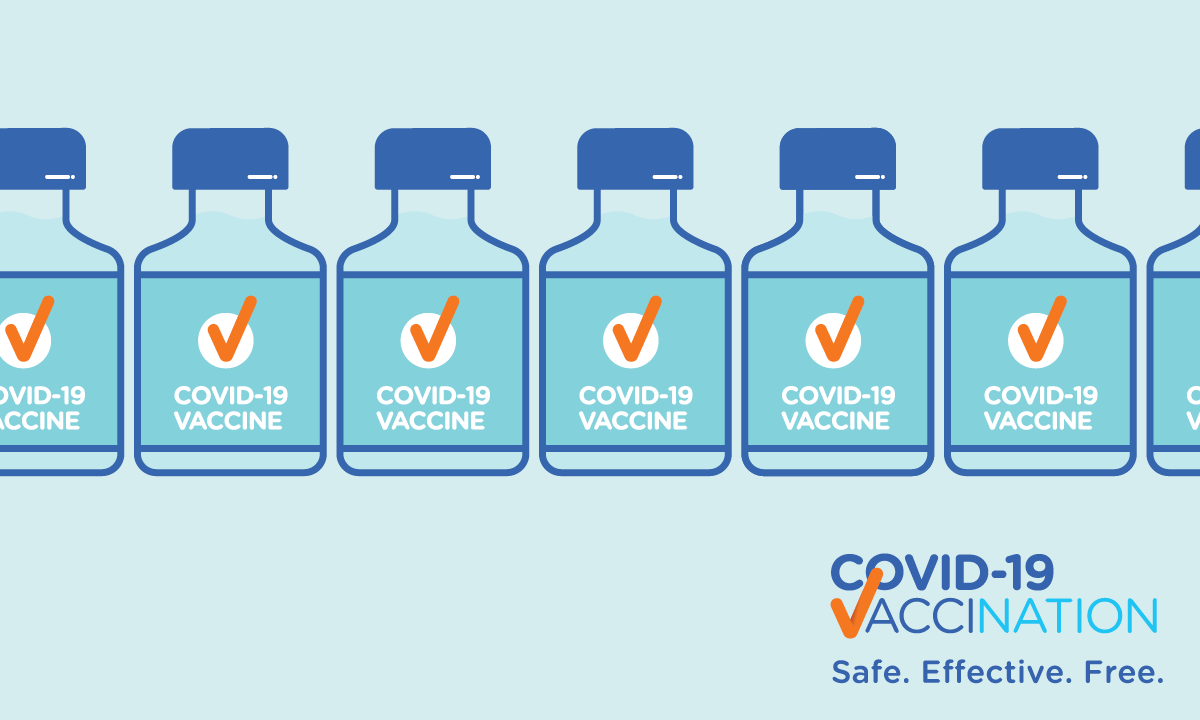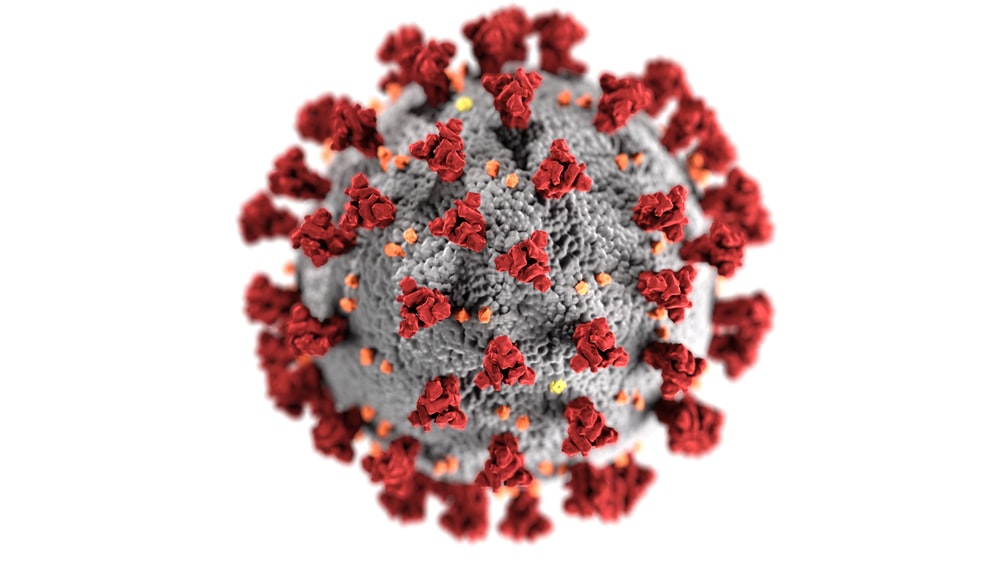The Pfizer COVID-19 vaccine is approved and available for children 5-11 years and Moderna COVID-19 vaccine is approved and available for children 6-11 years of age. The dose is half of the teenager and adult dose.
These vaccines are also still available for children and teenagers aged 12 years and above.
Does it produce good immunity in this age group?
There have been good studies from overseas (USA, Canada, Israel and Europe) that the Pfizer vaccine has excellent immune responses, better than in the 16-25 year age group.
The best immunity is reached after the second dose, with over 90% developing immunity.
Are there side effects reported in children after Pfizer vaccine?
Similar side effects as in adults, have been reported with slightly higher rates of painful injection sites (50-60%) and headaches, myalgias, fatigue (30%) after the 2nd dose according to CDC safety data.
There has been a rare complication of myocarditis (inflammation of the heart muscle) reported in studied overseas in young men under 30 years, (peak age 16-25 years) with rate of 3.7 per 100,000. This is usually after the 2nd dose of Pfizer. It can be detected and managed well. If your young teenager has had heart problems described above it should not interfere with having the vaccination but you should discuss this with your doctor or cardiologist.
If my child has allergies is there a higher rate of anaphylaxis with the vaccine?
No. The rate of a severe allergic reaction is not increased for children with food, insect or aeroallergen allergies. Normal procedures should be followed for vaccination. Severe allergic reactions to the COVID-19 vaccines has been very rare.
Can my child have other routine vaccinations?
Yes but a 7 day interval is recommended between the COVID-19 vaccine and other vaccines.
Can my child continue with their allergen immunotherapy and have the COVID-19 vaccine?
Yes. There is a 48 hour period recommended between the two.


